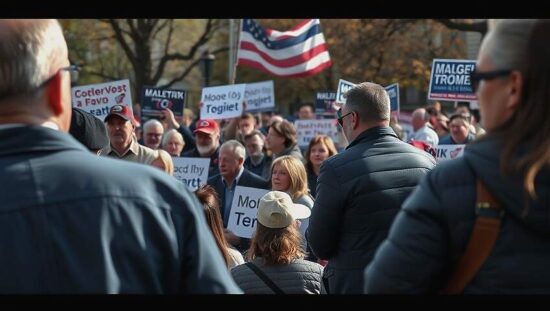The German Green Party is issuing a stark warning to the ruling CDU/CSU-SPD coalition, accusing them of undermining crucial climate policy commitments in a bid for short-term political gains. At the core of the dispute is the future of the contentious heating law, which mandates a shift away from fossil fuel heating systems towards renewable alternatives like heat pumps. Green Party parliamentary group leader Britta Haßelmann voiced serious concerns that the coalition is backtracking on this commitment under pressure from within the CDU/CSU, arguing that citizens, industry and tradespeople have already begun investing in heat pump technology and a reversal would send a “completely wrong signal” to the market.
Beyond the heating law, the Greens are strongly opposing any attempts to delay the EU-wide ban on internal combustion engines planned for 2035. Haßelmann asserted that clear and reliable frameworks are essential for automotive manufacturers and suppliers and that postponing the ban would jeopardize the industry’s long-term viability. She emphasized that the prohibition is not solely a climate protection measure but also vital for the future of German car production.
The proposed reduction in aviation taxes is also drawing sharp criticism. Haßelmann dismissed the plan as both economically unsound and detrimental to climate goals. This stance reflects a broader concern within the Green Party that the coalition is prioritizing politically expedient measures over genuine environmental progress.
Adding to the pressure, Green Party deputy leader Sven Giegold directly accused the SPD of resorting to populist tactics regarding the heating law. Giegold warned against playing into anxieties surrounding the transition to heat pumps, highlighting the fragile recovery of the sector. He argued that alterations to the existing legislation would create uncertainty, damage the trades and ultimately lead to higher energy costs for households. He went further, labeling each new gas heating system as a “costly mistake” and emphasizing that accelerated replacement of existing systems is critical to achieving energy independence from autocratic regimes and fracking gas.
Giegold directed his remarks directly at Chancellor Friedrich Merz and Economics Minister Katherina Reiche, urging them to cease what he described as a pattern of “undermining and hindering what is growing” signaling increasing tension within the coalition and potential for a significant policy showdown.





